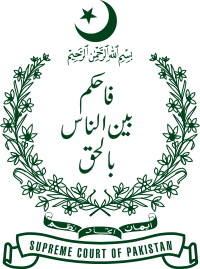Mediation is a voluntary process in which a third party intervenes in a dispute and attempts to bring the parties together into a settlement agreement. Often mediation can act as a tool for finding better results based on balancing benefits rather than risks. The third impartial party facilitates negotiations between the disputants and guides them through to reach an amicable settlement that is agreeable by both parties. The entire process is not only voluntary but also confidential and without prejudice, which means, nothing stated during the process of mediation can be reiterated outside and it is inadmissible in court. Mediation, arbitration and litigation have one thing in common; all process have third impartial party sitting in for the resolution of the dispute. However, mediation differs greatly from arbitration and litigation in the aspect of party control over the dispute. In mediation the parties have complete control over the outcome of their dispute; this is not true for the other two forms of dispute resolution.
Benefits of mediation
Mediation is more cost effective, speedier and flexible method of dispute resolution as compared to litigation. The process can preserve relationships and give parties more control to devise their own settlement. Moreover with a very high success rate and resolution on an average of 3-5 days, mediation is a growing alternative to litigation all over the world and in Pakistan. For example in its short existence Karachi Centre for Dispute Resolution (KCDR), with a success rate of 73% has successfully resolved 1,526 cases through mediation, and has released $ 38.5 billion in the economy. These figures, include all the mediation cases handled by KCDR in its office, under various projects and also those resolved by judges to whom KCDR imparted the art of mediation in its various training programs. Being cost effective is one of the major plus points for mediation. In litigation people tend to spend millions and amount awarded to a party of 10 years of litigation does not have the same value due to consistent rise of inflation. In Pakistan, a dispute of up to one million rupees costs only seven thousand five hundred rupees and any dispute of six million rupees and above has a capped fee of fifty thousand rupees. KCDR has kept such minimal fees so that everyone can afford to settle their disputes amicably saving not only time and money but also leading a stress free life.




